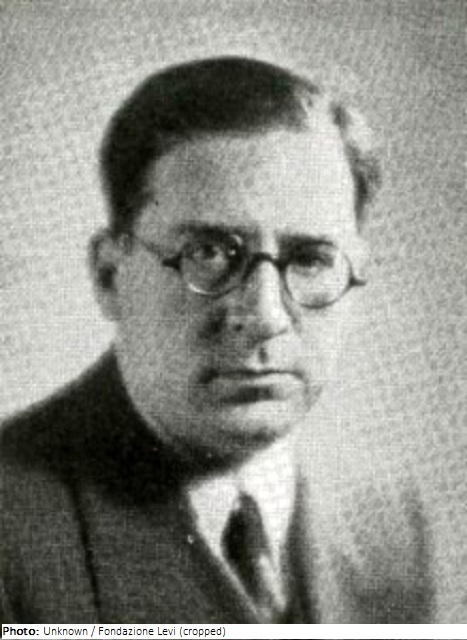Mario Labroca

Biographical information
| Roles | Referee |
|---|---|
| Sex | Male |
| Full name | Mario Domenico•Labroca |
| Used name | Mario•Labroca |
| Born | 22 November 1896 in Roma, Roma (ITA) |
| Died | 1 July 1973 (aged 76 years 7 months 9 days) in Roma, Roma (ITA) |
| NOC |  Italy Italy |
Biography
Mario Labroca studied music with Ottorino Respighi (1879-1936) and Gian Francesco Malipiero and he graduated in 1921 from the Conservatory of Parma. He collaborated as journalist with some newspapers like L’idea Nazionale, Il Tevere, Il lavoro fascista, Scenario, and La rassegna musicale. In 1923, alongside Alberto Casella and Gabriele D’Annunzio, Labroca took part in the foundation of the Corporation of New Music, presenting in Italy the works of Béla Bartòk, Igor Stravinsky, and Paul Hindemith.
In the 1920s Labroca composed a Sinfonia for Strings (1927), ballets, chamber and piano music and also operas for children, such as La Principessa di Perepepe (The Princess of Perepe, 1927) and Le tre figliole di Babbo Pallino (_Father Pallino’s three daughters, 1928). In 1935, his Stabat Mater for soprano, 4-part choir, and orchestra premiered.
From 1930 Labroca managed the Italian Consortium of lyric poetry and in 1935 was head of a department of the Ministry of the Popular Culture. One year later he became manager of the Municipal Theatre of Firenze until 1944. After the war he was in charge of the La Fenice theatre in Venezia from 1946-47 (and again from 1959-72), and later became Artistic Director of La Scala in Milano (1947-49). He also worked as director of the music department of RAI (the public television station in Italy) and in 1958 and again in 1962, he was president of the International Music Council of UNESCO.
Labroca continued to compose music. He wrote Tre Cantate sulla Passione di Cristo (Three Cantatas about the Passion of Christ), Otto madrigali di Tommaso Campanella (Otto madrigali di Tommaso Campanella), and in the 1950s he composed music for the theatre, including “Il corvo” (The Raven, 1953) and “Elettra by Sofocle” (Electra by Sophocles, 1956).
Referee
| Games | Sport (Discipline) / Event | NOC / Team | Phase | Unit | Role | As | |
|---|---|---|---|---|---|---|---|
| 1928 Summer Olympics | Art Competitions |  ITA ITA |
Mario Labroca | ||||
| Music, Compositions For Orchestra, Open (Olympic) | Final Standings | Judge | |||||
| Music, Compositions For Solo Or Chorus, Open (Olympic) | Final Standings | Judge | |||||
| Music, Instrumental And Chamber, Open (Olympic) | Final Standings | Judge |